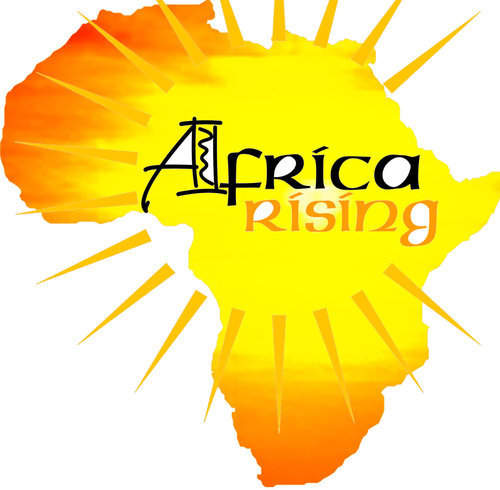February 17, 2015
Before now, westerners controlled affairs in our countries, but now a rising elite appears to have taken the reins or have they? We of course have to realize that we have no friends where our resources are concerned, and protecting our own interests has to become our priority, after all its all about profit and returns, those who can’t play the game are quickly replaced and left behind.
African Internal Dynamics
There is however a widening gap between Africa and other developing countries and to prevent this gap widening, proactive steps need to be put in place. Our leaders have too much power; often bypassing parliament and ruling by decree, so changing this may be difficult.
There needs to be checks and balances in leadership, so that the malignant disease of bad leadership will not cause our countries to totally collapse. Even revolutions can only do so much, there needs to be continuity, stability, and effective institutions in place.
In the west, institutions have been created which put a check on executive power. However, western countries have evolved over time, and have made their mistakes, learning from them along the way. African countries on the other hand have been forcefully thrown together, without common heritage, culture, language, or ideology, so there are bound to be problems, especially where security is concerned.
China is giving African countries choices, (its policies are different from western policies which are built on exploitation,) for the first time in our recent histories; there is a chance for a more humane, prosperous and equal society.
This does not mean that China is not acting out of its own interests, it is, for instance, selling unregulated weapons to African countries, the West is doing this as well, even though they are members of the UN Security Council, and should be looking to Peace Keeping within regions of the world.
China is also exploiting the absence of a well-developed conservation practice in its thirst for natural resources. However on the world scene, China is a better alternative for the world and for Africa, China is creating the necessary balance to Western power, which is essential for world sanity, stability and harmony.
What we need are ongoing structural changes that will dynamically change the frontiers of African economies, e.g. innovative and sound economic policies, technological advancements, investment in infrastructure like electricity, roads and bridges, and investments in education and employment and youth employment. But a few projects that you can count your fingers on, won’t work, Africa needs industrialization, similar to Asian countries, it cannot do so, in a vacuum.
Industrialization requires a conducive environment, for it to develop. Such as an informed/exposed and educated population, sound institutions, such as a separation of powers, a well-developed private sector, a regulatory environment conducive for growth, energy/power and good economic policies. Without energy there can be no development.
We must not apishly copy one system; we must adapt them to our own environments and learn from other developing countries mistakes, opportunities and advances as well as setbacks, this is a place to start.
Fundamental problems with the electorate
Until now, Africa had no technological base, no industrial base, and no real development on the ground. As we haven’t used our traditional cultural and educational systems as a foundational base to develop, we find that we are at a major added disadvantage, because we then have no platform to begin development, hence creating even more problems than we would otherwise have had.
African countries are also experiments and as such anything can happen. For instance Africans don’t vote based on good economic/social performance outcomes, but based on religious/ethnic lines. Resources are unevenly and unequally distributed and the protection of liberties such as the right to free speech, assembly, property and liberty are noticeably absent.
People are so poor that they’re desperate and as such can be bought or used. Pro-poor policies can ease this pressure as India has done, and so enable people to take better choices and actions, beyond their stomachs. Yes Africans must hold their leaders accountable, but desperation can blind people, to what they should do.
India has over 2000 ethnic groups, but has been able to make democracy work, with Hindi as the official language. China with over a billion people is the second largest economy in the world.
Taiwan, Hong Kong, South Korea, and Singapore took off in the 1960’s and 1970’s, even though they were not democracies and also had substantial populations, and also without going through the process of import substitution, where infant industries are protected and taxes are placed on imports, instead their economies were export led. There is a lot that we can learn from these countries.
Source: Gloria Uzo Nweke



